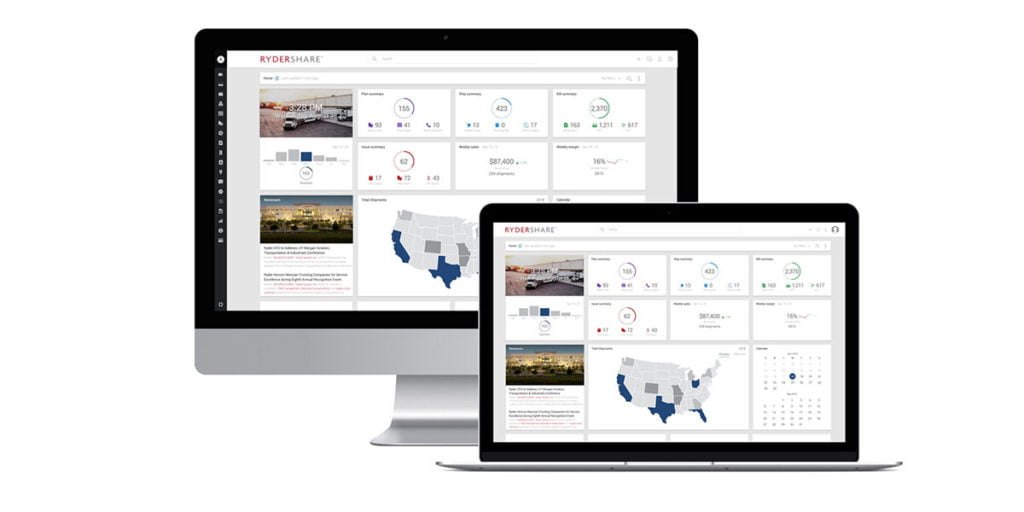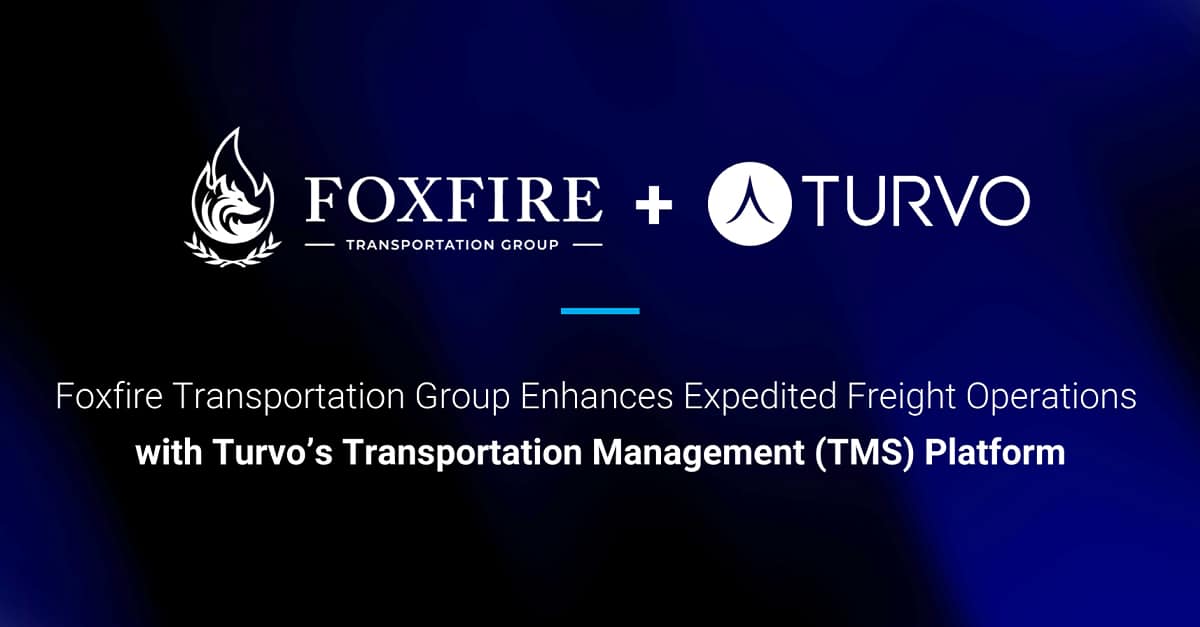In the intricate web of global trade, supply chains represent the lifeline of businesses, big and small. As the world has witnessed through various crises, from pandemics to geopolitical tensions, the resilience of this lifeline is paramount. Central to strengthening this resilience is the effective management of transportation management system (TMS) contracts. This blog explores the critical role of TMS contract management in building resilient supply chains, highlighting how platforms like Turvo’s cloud-based TMS contribute to this goal.
The Backbone of Supply Chain Efficiency
TMS contract management refers to the administration of agreements between companies and their transportation service providers. This process involves negotiation, execution, and management of the terms and conditions related to the movement of goods. Efficient management of these contracts is not just a procedural necessity; it’s the backbone of supply chain efficiency. It ensures that goods are transported in the most cost-effective manner while meeting service level agreements (SLAs) and adhering to compliance standards.
The Challenge of Complexity
One of the significant challenges in TMS contract management is the complexity of contracts. They often contain intricate details regarding rates, service levels, and penalties for non-compliance. This complexity can lead to misinterpretation and, ultimately, financial losses. Additionally, the dynamic nature of supply chains, influenced by fluctuating market demands and regulatory changes, requires contracts to be frequently revisited and revised. Managing this manually is not only labor-intensive but prone to errors.
Embracing Technology for Resilience
The advent of cloud-based TMS platforms, such as Turvo, has revolutionized the approach to contract management. These platforms leverage technology to automate and streamline the entire contract lifecycle, from creation and execution to renewal and termination. Automation reduces the likelihood of errors and frees up valuable time for logistics professionals to focus on strategic decision-making.
Moreover, cloud-based TMS platforms offer unparalleled visibility into the supply chain. They provide real-time data on shipment status, carrier performance, and transportation costs. This visibility is crucial for identifying inefficiencies, ensuring compliance with contractual obligations, and making informed decisions that enhance resilience.
Enhancing Collaboration through Integration
A resilient supply chain is not the responsibility of a single entity but a collective effort of all stakeholders, including suppliers, carriers, and customers. Cloud-based TMS platforms facilitate this collaboration by allowing seamless integration with other supply chain management tools. This integration ensures that all parties have access to the same information, reducing discrepancies and fostering a more synchronized supply chain.
Furthermore, TMS contract management features enable companies to manage their carrier relationships more effectively. They can track compliance with service levels, evaluate carrier performance, and manage payments and audits. This not only strengthens the supplier-carrier relationship but also promotes a culture of transparency and accountability.
The Strategic Value of Data Analytics
Data is a critical asset in managing TMS contracts. Cloud-based TMS platforms, equipped with advanced analytics, turn data into actionable insights. They can analyze historical transportation data to identify trends, forecast future transportation needs, and optimize contract terms accordingly. This analytical capability is essential for negotiating contracts that align with business objectives and market conditions.
For example, by understanding patterns in shipping volumes and carrier performance, companies can negotiate more favorable rates or SLAs. They can also identify opportunities for consolidation, reducing transportation costs and environmental impact. These strategic decisions contribute to building a more resilient and sustainable supply chain.
The resilience of supply chains has never been more critical. In an era marked by uncertainty, the ability to adapt and respond to disruptions is a competitive advantage. Effective TMS contract management, supported by advanced cloud-based platforms like Turvo, is central to achieving this resilience. By embracing technology, companies can navigate the complexities of contract management, enhance collaboration, and leverage data for strategic decision-making. The path to resilience is complex, but with the right tools and strategies, it is undoubtedly achievable.









